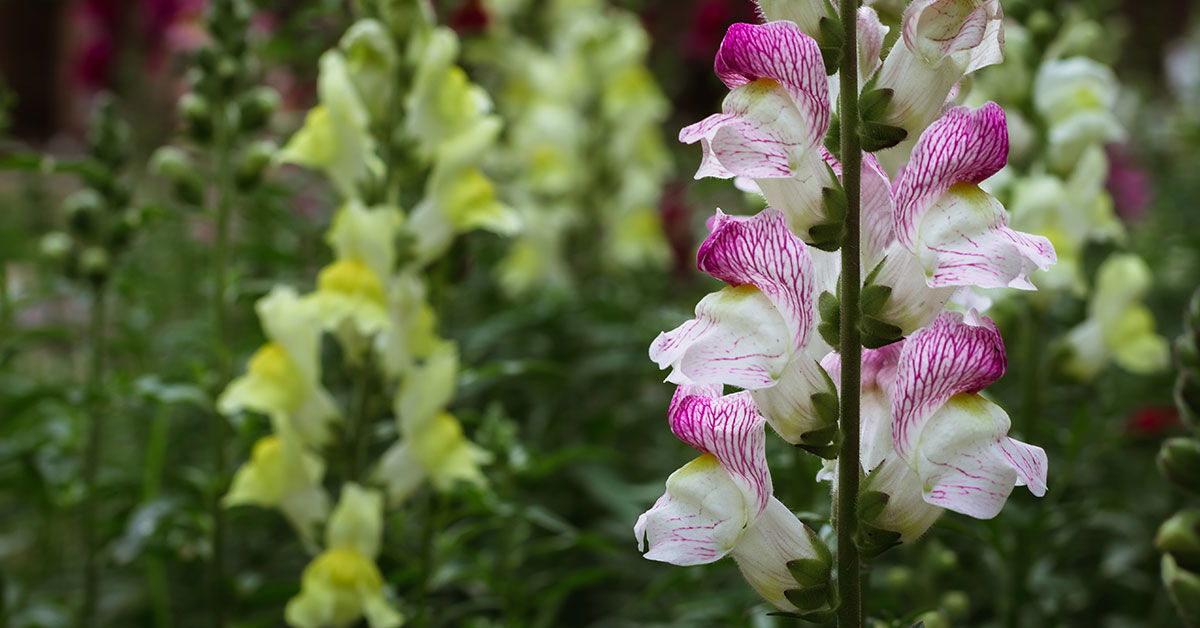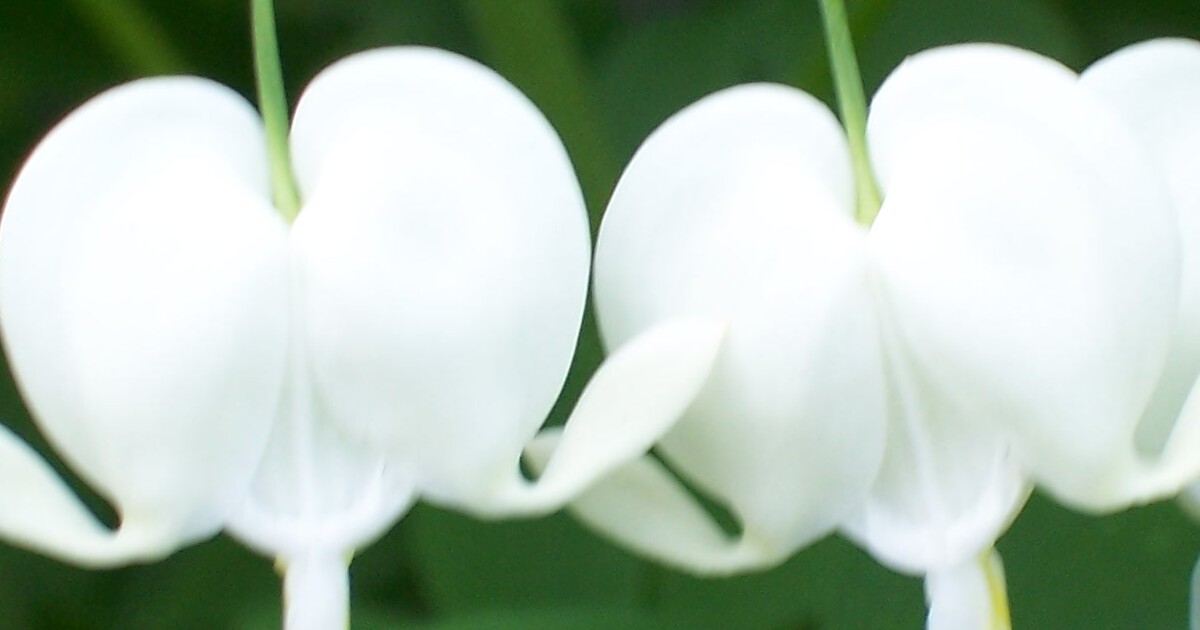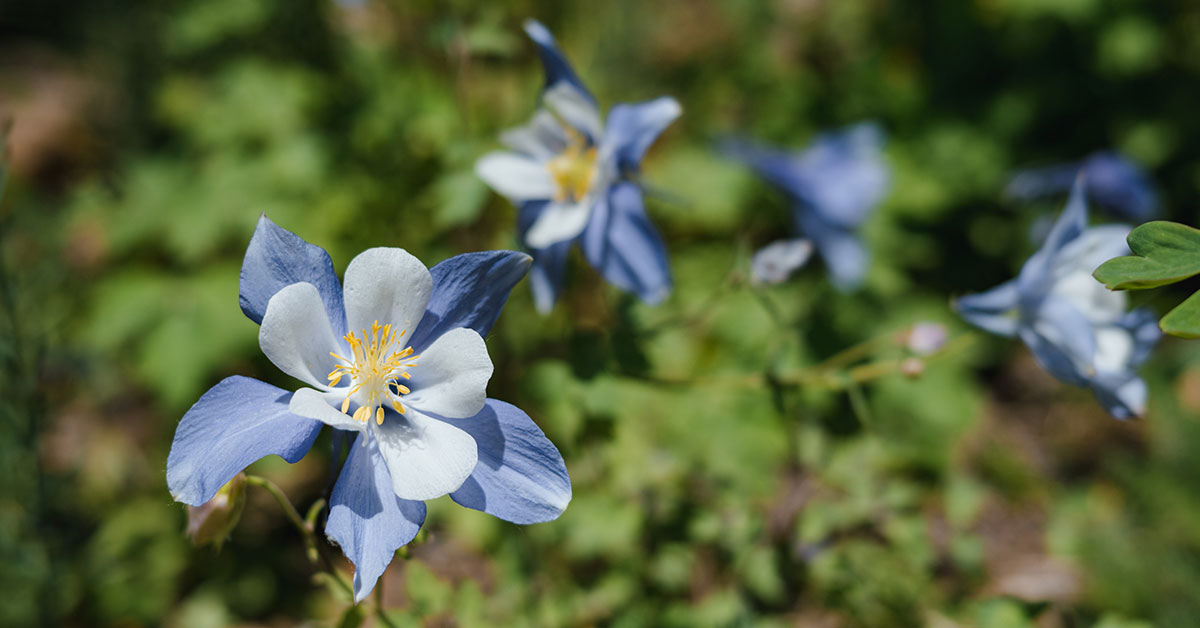Plants have been shown to have a calming effect on the mind and body, making them a great natural way to relieve stress. The act of caring for plants can also be therapeutic and help to reduce stress and anxiety. Here are some ways that plants help to relieve stress:
- Oxygenation: Plants absorb carbon dioxide and release oxygen through the process of photosynthesis. Having plants in your home or office can help to increase the oxygen levels in the air, which can lead to a feeling of increased alertness and decreased fatigue.
- Aromatherapy: Many plants have natural scents that can have a calming effect on the mind and body. For example, lavender and chamomile are known for their relaxing properties.
- Visual stimulation: Studies have shown that viewing natural scenes, such as plants and trees, can help to reduce stress and anxiety. Simply looking at plants can have a calming effect on the mind.
- Mindfulness: Caring for plants requires a certain level of mindfulness and presence. This can help to distract from negative thoughts and worries, promoting a sense of relaxation and calm.
10 plants that relieve stress
Stress can be a part of our everyday lives, and it can have negative effects on our physical and mental well-being. Fortunately, nature has provided us with several plants that can help alleviate stress and promote relaxation. Here are 10 plants that you can consider adding to your indoor or outdoor space to help you de-stress.
Lavender
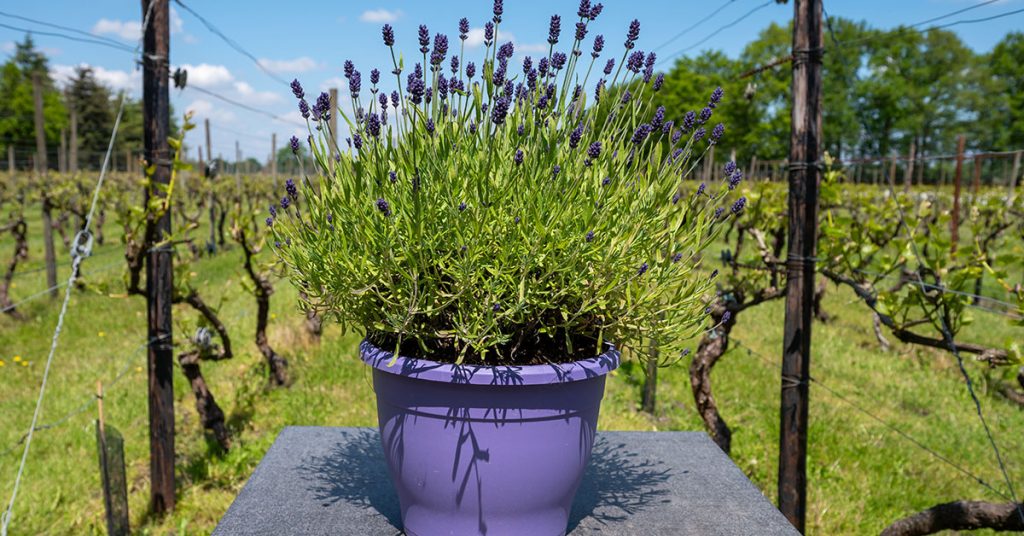
Lavender is a popular plant known for its fragrant aroma and calming properties. Studies have shown that inhaling the scent of lavender can reduce anxiety levels and promote relaxation. The plant’s essential oils contain compounds such as linalool and linalyl acetate, which have been shown to have anxiolytic effects.
Lavender can be grown both indoors and outdoors, and is relatively easy to care for. It prefers well-draining soil and full sun, and can be propagated through stem cuttings or seed. Lavender is also versatile in its uses, as it can be used in aromatherapy, as a culinary herb, or even in beauty products.
Aloe Vera
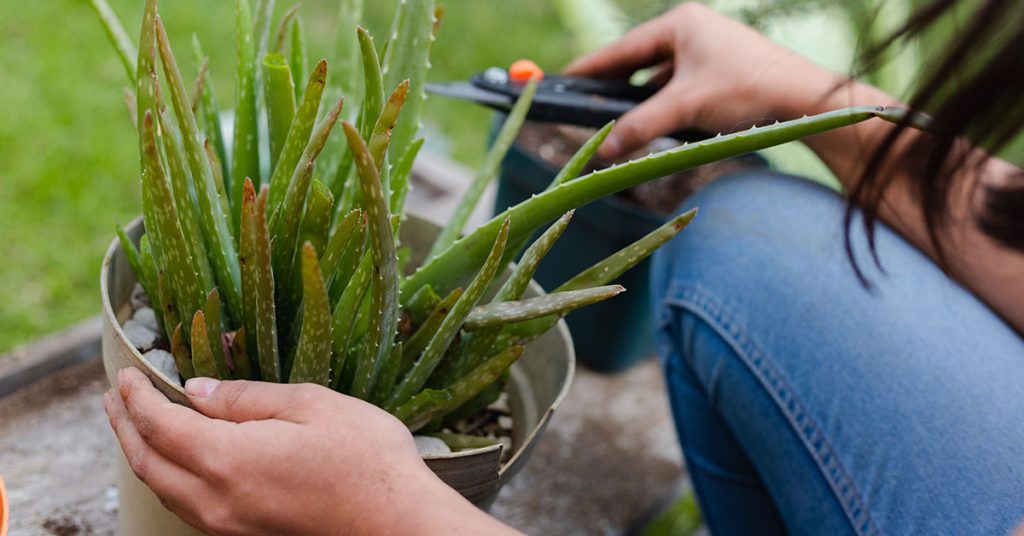
Aloe vera is not just an attractive succulent to add to your home décor; it also has stress-relieving properties. Its gel-like substance is rich in compounds like acemannan, which helps to soothe the mind and reduce stress levels.
Aloe vera is also known for its anti-inflammatory properties, which can help reduce the physical effects of stress on the body. Additionally, its easy-care nature makes it a low-maintenance plant that can bring a calming presence to any space.
One of the easiest ways to incorporate aloe vera into your life is by keeping a potted plant on your desk or near a window for some natural light. When you’re feeling stressed or anxious, take a moment to rub the gel from the leaves onto your skin.
Not only will this provide a soothing sensation, but it can also help to hydrate and rejuvenate your skin. You can also drink aloe vera juice, which has been shown to improve digestion and boost the immune system, both of which can help reduce stress levels.
Snake Plant
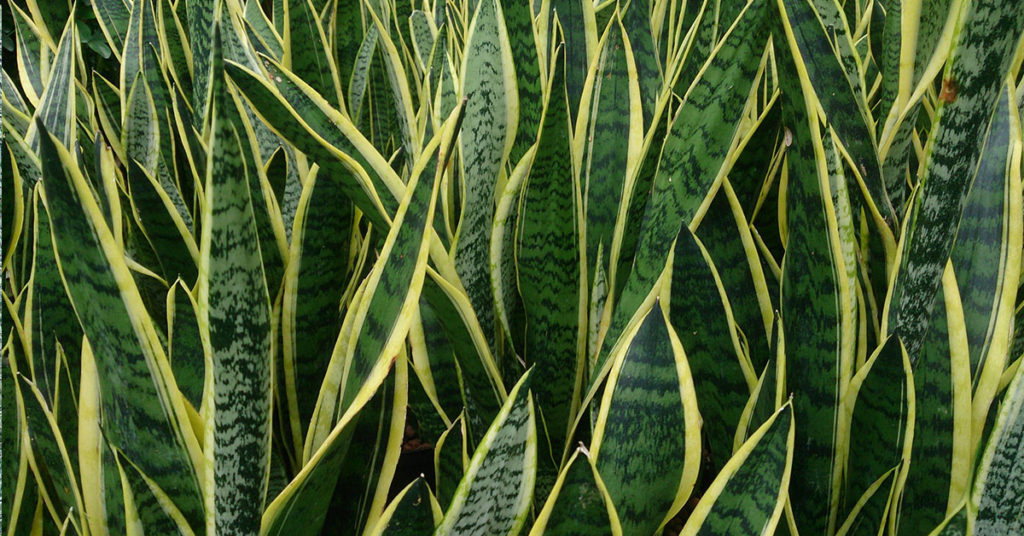
Snake plants, also known as Sansevieria, are a popular indoor plant known for their low-maintenance care and air-purifying benefits. But did you know that they can also help relieve stress? Snake plants have been shown to release oxygen at night, which can help improve air quality and promote better sleep. Additionally, their unique ability to absorb toxins and pollutants from the air can help create a more relaxing and stress-free environment.
Peppermint

Peppermint is a well-known herb that has been used for medicinal purposes for centuries. It has a cooling and soothing effect on the body and is known to help relieve stress and anxiety. The scent of peppermint has been shown to have a calming effect on the mind and body, helping to reduce feelings of stress and tension.
One of the main active compounds in peppermint, menthol, has a relaxing effect on the muscles and can help to reduce feelings of tension and discomfort. Peppermint is also known to have a positive effect on digestion, which can help to reduce feelings of stress that can be caused by digestive issues.
Peppermint can be consumed in a variety of forms, including tea, essential oil, or by simply smelling fresh peppermint leaves. Drinking peppermint tea is a simple and effective way to enjoy its stress-relieving benefits. Simply steep a few fresh or dried peppermint leaves in hot water for several minutes, strain, and enjoy. Peppermint essential oil can also be diffused in a room or applied topically for a calming effect. However, it is important to dilute essential oils properly and consult a healthcare professional before use.
Jasmine
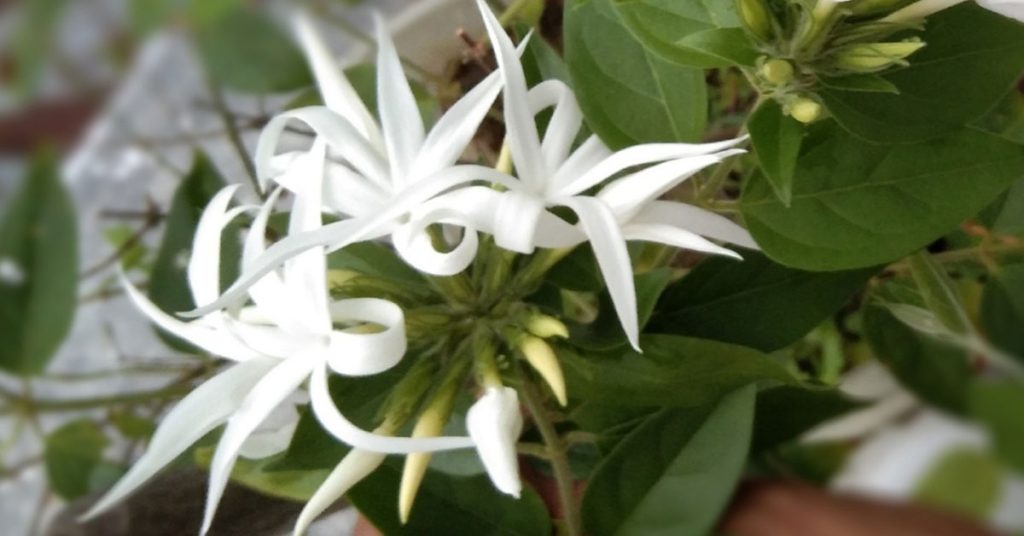
Jasmine is a fragrant plant that has been used for centuries for its therapeutic properties. It is known to have a calming effect on the mind and body, making it an effective natural remedy for stress relief. Jasmine contains compounds that act as natural sedatives, helping to reduce anxiety, promote relaxation, and improve sleep quality.
One study found that inhaling the scent of jasmine can lower cortisol levels, a hormone associated with stress. In addition, the scent of jasmine has been found to increase feelings of well-being and promote a positive mood. Jasmine essential oil can be diffused in a room, added to bathwater, or applied topically in a carrier oil to experience its stress-relieving benefits.
Jasmine plants are relatively easy to grow, making them a popular choice for indoor and outdoor gardens. They require well-draining soil and plenty of sunlight, and can be trained to climb trellises or grown in pots. While jasmine plants may not flower year-round in all climates, their lush green foliage and sweet fragrance make them a welcome addition to any space.
Rosemary
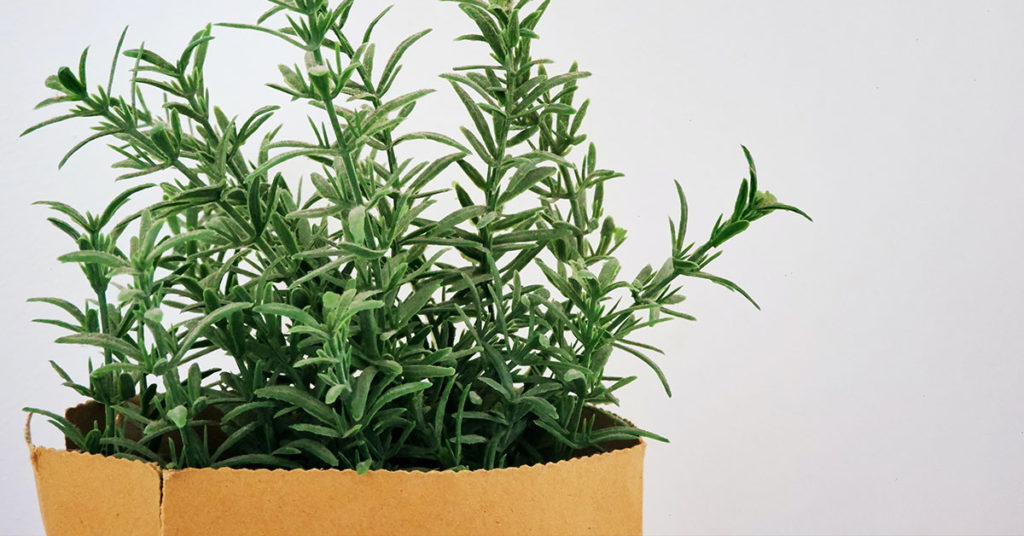
Rosemary (Rosmarinus officinalis) is an herb that has been used for centuries for its medicinal and culinary properties. It is also known for its ability to reduce stress and anxiety. The aroma of rosemary has a calming effect on the mind and body, which can help to reduce stress levels.
One study found that inhaling rosemary oil for five minutes significantly decreased cortisol levels in the saliva, which is an indicator of stress. Another study showed that rosemary essential oil had a calming effect on the nervous system, which can help to reduce anxiety and improve overall well-being.
Rosemary can be grown indoors or outdoors and is easy to care for. It prefers well-drained soil and full sun, but can also tolerate some shade. It is a perennial plant and can grow up to three feet tall. Rosemary can be used in cooking, as a natural remedy for a variety of ailments, and as a stress-relieving plant in your home or garden.
Chamomile
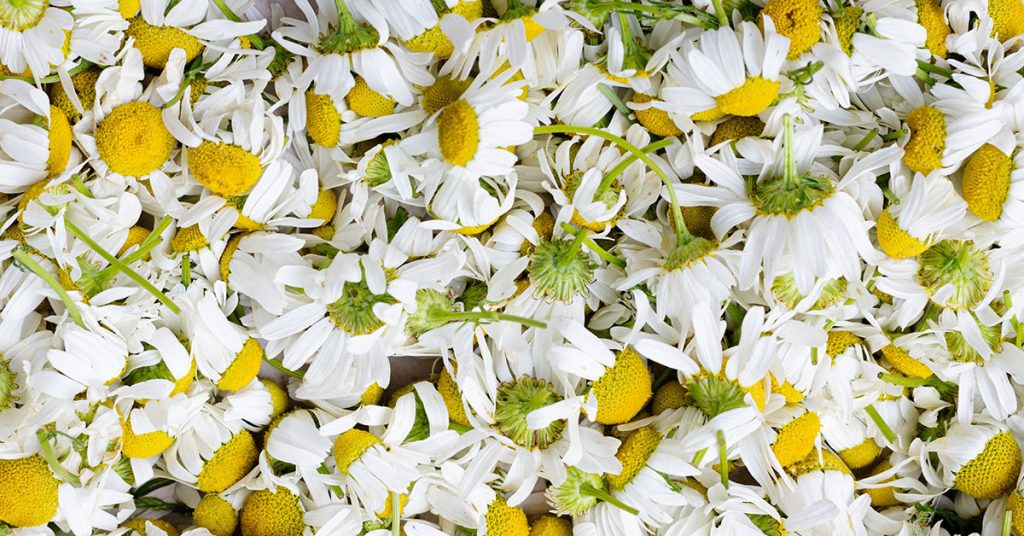
Chamomile is a herb that has been used for centuries for its calming and relaxing properties. It is commonly consumed as a tea and is known to promote sleep, reduce anxiety and promote relaxation. Chamomile contains flavonoids, which are compounds that have antioxidant effects and can help reduce inflammation in the body. These properties make it a popular choice for those looking for natural remedies to reduce stress and anxiety.
Studies have shown that chamomile can help reduce symptoms of anxiety and depression, and even improve overall mood. Its mild sedative effects can also help improve sleep quality and reduce insomnia, which is a common symptom of stress. In addition to its calming properties, chamomile has also been found to have anti-inflammatory effects, which can help reduce inflammation in the body that can contribute to chronic stress and other health issues.
Chamomile can be consumed in a variety of forms, including as a tea, in capsules, or as an essential oil for aromatherapy. It can also be incorporated into bath products or used in a compress for topical application. Overall, chamomile is a versatile herb that can be used in a variety of ways to promote relaxation and reduce stress.
Peace Lily
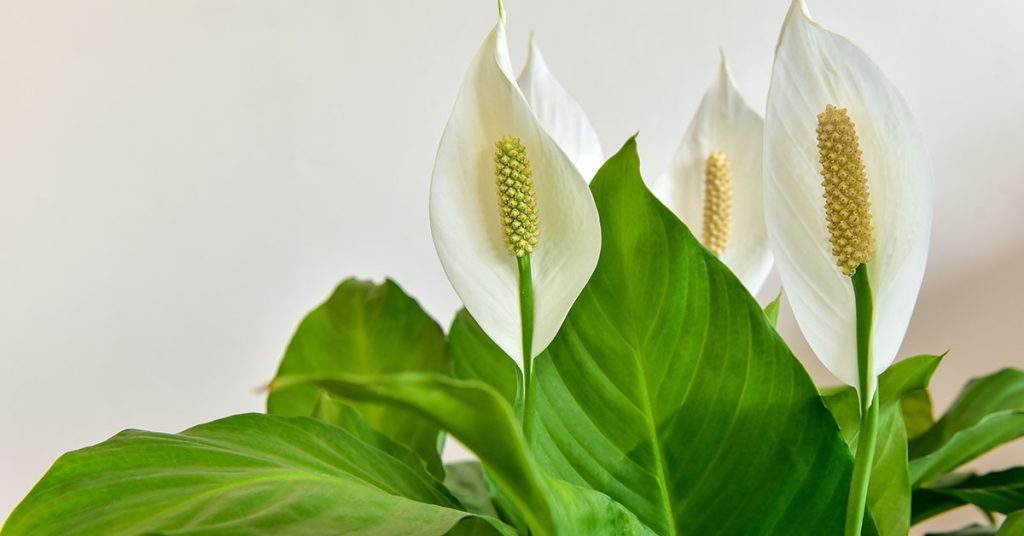
Peace lilies (Spathiphyllum) are known for their air purifying properties, but they also have stress-relieving benefits. These plants can help to reduce stress and anxiety levels by improving air quality, which can in turn improve mental clarity and focus. Peace lilies are also believed to have a calming effect on the mind and body due to their green foliage and white flowers. They can help to create a peaceful and serene environment in the home or office, making them a great addition to any space.
In addition to their stress-relieving properties, peace lilies are also low maintenance and easy to care for. They prefer bright, indirect light and moist soil, but can also tolerate low light and dry conditions for short periods of time. They also do well in humid environments, making them a great choice for bathrooms or other areas with high moisture levels.
While peace lilies are generally safe for pets, it is important to note that they can be toxic if ingested in large quantities. It is always best to keep plants out of reach of pets and children to avoid any potential health risks.
Sage

Sage is a popular herb known for its culinary and medicinal uses. It also has stress-relieving properties, making it a popular choice for aromatherapy and herbal remedies. Sage contains compounds such as rosmarinic acid and apigenin, which have been shown to have anxiolytic (anti-anxiety) and calming effects on the body.
Sage can be used in various ways to help alleviate stress. Burning dried sage leaves, known as smudging, is a common practice in many cultures to cleanse the air and promote relaxation. The essential oil of sage can also be diffused into the air or added to bathwater to create a calming atmosphere. Drinking sage tea has also been shown to have a calming effect on the body and promote relaxation.
Gerbera Daisy

Gerbera daisies are known for their bright, cheerful colors and large, showy blooms. But did you know they can also help to relieve stress? The bright colors of these flowers are thought to stimulate the brain’s pleasure centers, promoting feelings of happiness and reducing stress. Additionally, gerbera daisies are believed to improve air quality, helping to reduce stress and promote relaxation.
Exposure to plants, including gerbera daisies, can help to reduce stress and promote a sense of calm. This is thought to be due to the plants’ ability to purify the air and remove toxins, as well as their natural beauty and calming presence. Gerbera daisies can be a great choice for those looking for an easy way to incorporate stress-relieving plants into their home or office décor.
Incorporating these plants into your indoor or outdoor space can help reduce stress and promote relaxation. They can also improve air quality, making your environment healthier and more enjoyable. You can find these plants at your local garden center or online.




